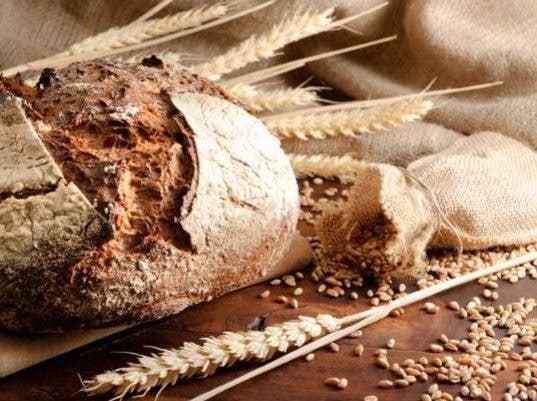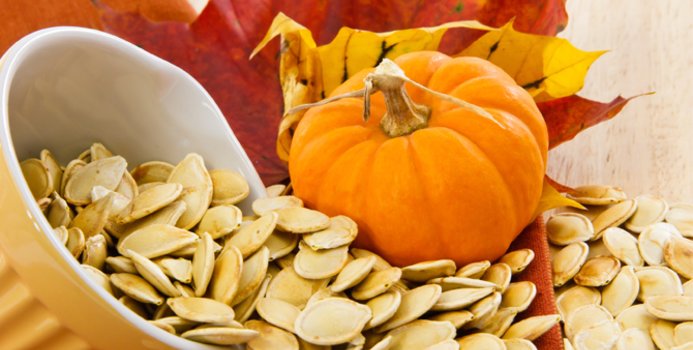
Spaniards consume fewer rations of bread than recommended, two a day; They prefer the white bar compared to other types, such as the whole wheat, and it is found that overweight people tend to restrict this food considering that it makes them fat. This is reflected in a study by the Complutense University on knowledge and beliefs about bread
We eat 3.5 servings of cereals and legumes a day, two of them correspond to bread. An average consumption below the six daily servings of carbohydrates recommended by the dietary guidelines as the basis of a balanced diet, more than 50% of the total diet.
This is one of the conclusions of the study “Influence of bread consumption on the quality of diet and eating habits of Spanish adults” prepared by the research team of the Nutrition Department of the Faculty of Pharmacy of the Complutense University of Madrid and the campaign “Bread every day”, an initiative that promotes knowledge of bread and other cereals.
This statistical study, from April 2016, was carried out on a sample of 311 adults (134 men and 177 women) aged between 18 and 50 years from Madrid, Malaga and Pontevedra.
“The objective is to deepen the knowledge, beliefs and opinions about bread, as well as their consumption habits and analyze the association between the consumption of this food and the quality of the diet of the adult population,” says the study.
Two servings of white bread a day
Two servings of bread, of about 50 grams each, is the average consumption and breakfast, lunch and dinner are the times chosen to taste it.
The most consumed type of bread is white loaf (49.5%) followed by integral loaf (12.6%); white sliced bread (11.2%); the integral mold 8.9%; the roasted whole wheat (6.9%); the white toasted (3.8%); hamburger and puppy (2.8%) and others (4.3%).
Correct habits
“People with a higher consumption of bread have more correct eating habits. In addition, their energy and nutrient intake is closer to the recommended one and the suffering of overweight / obesity is lower than in people with a lower consumption of bread ”, points out another of the conclusions.
The study found that the respondents present an unbalanced caloric and lipid profile, with an excessive intake of proteins, fat, saturated fat and simple sugars, and a low carbohydrate intake, although those who habitually consume less than two servings of bread a day, have a more unbalanced caloric profile, with a higher caloric intake from fat and a lower energy intake from carbohydrates than those who consume more bread.
The greater consumption of bread also goes hand in hand with the greater contribution of fiber. In addition, people who eat more bread better meet their recommended intakes of thiamine, niacin, folates, vitamin D, iron and selenium, and there is a lower percentage of adults in this group with lower than recommended intakes of thiamine, vitamin B6, folates and selenium.
More bread does not equal more weight
The percentage of overweight adults is not significantly different among those with a bread consumption of less than two servings / day or equal to or greater than this amount. However, there is a higher percentage of overweight individuals in the group that usually takes less bread, possibly because overweight people are restricting the consumption of this food, since it is also this group that considers, more frequently , that bread makes you fat, the investigation points out.
On the other hand, when analyzing the consumption of bread and the type of bread consumed according to the weight situation, people with excess weight, have a bread consumption similar to that of people with lower weight, but they eat less amount of bread integral than those, which highlights the importance of increasing the consumption of whole grains.
Nutritional ignorance
This study from the Complutense University reflects the nutritional ignorance of the respondents.
Only 22.4% of adults believe, correctly, that the foods that must be consumed in a greater proportion within a balanced diet are cereals and legumes, of which at least six servings / day must be eaten , while most of the population (60.4%) think that they are vegetables, whose recommended consumption is three to five servings / day.
With regard to bread, 44.8% of the adults studied believe that bread should only be eaten once a day. In addition, they believe that the amount of bread that an adult should consume is, on average, 81.55 grams / day.
40.7% of the population believe that bread is fattening and 16.2% that bread only provides energy. In addition, 13.2% of those studied declare that it is false and, about 50% do not know, that whole wheat bread can help in the control of diabetes. In addition, only 12.9% of adults affirm, correctly, that in a balanced diet carbohydrates must contribute more than 50% of energy, being the most answered option to this question, which they must contribute among the 20 and 30% of it.









